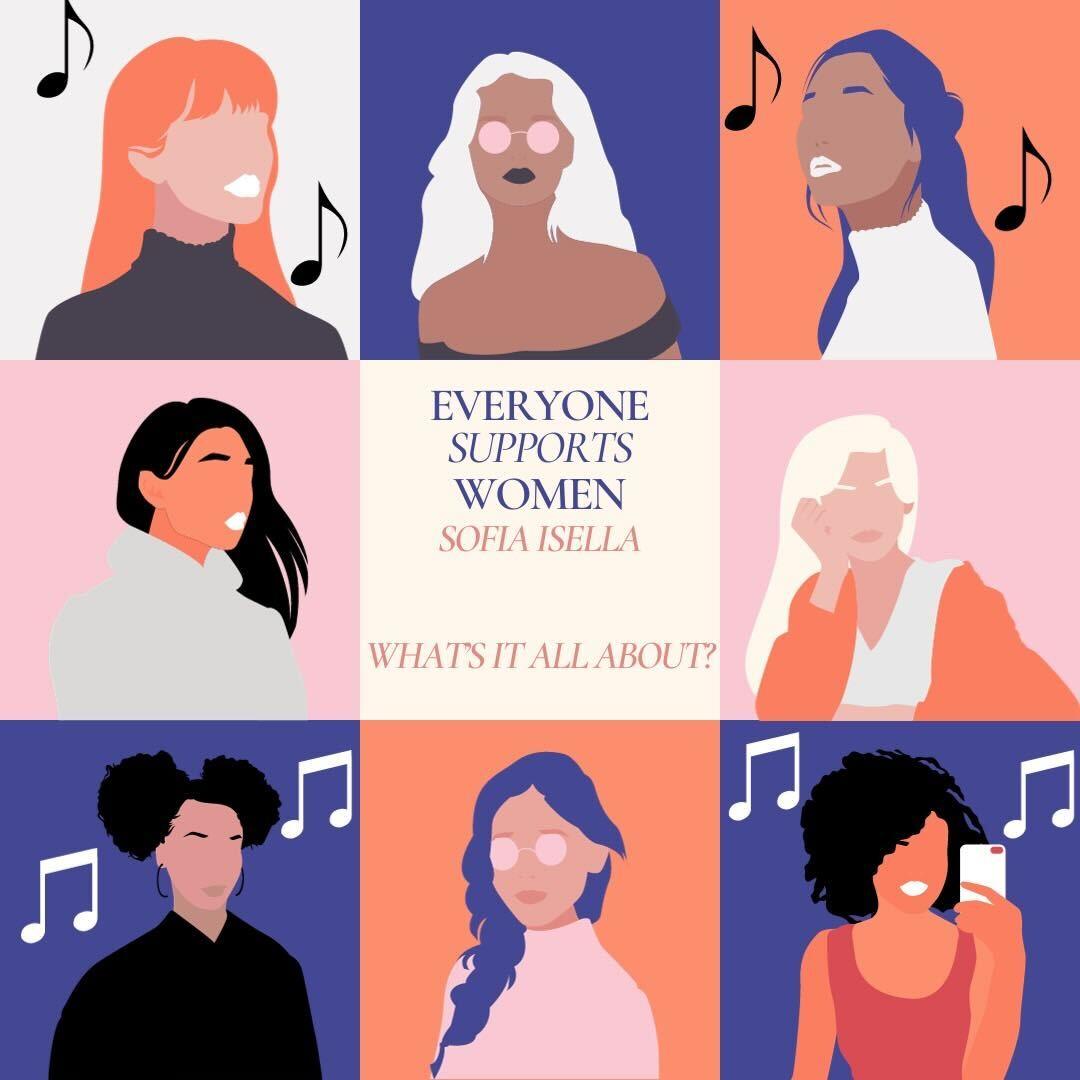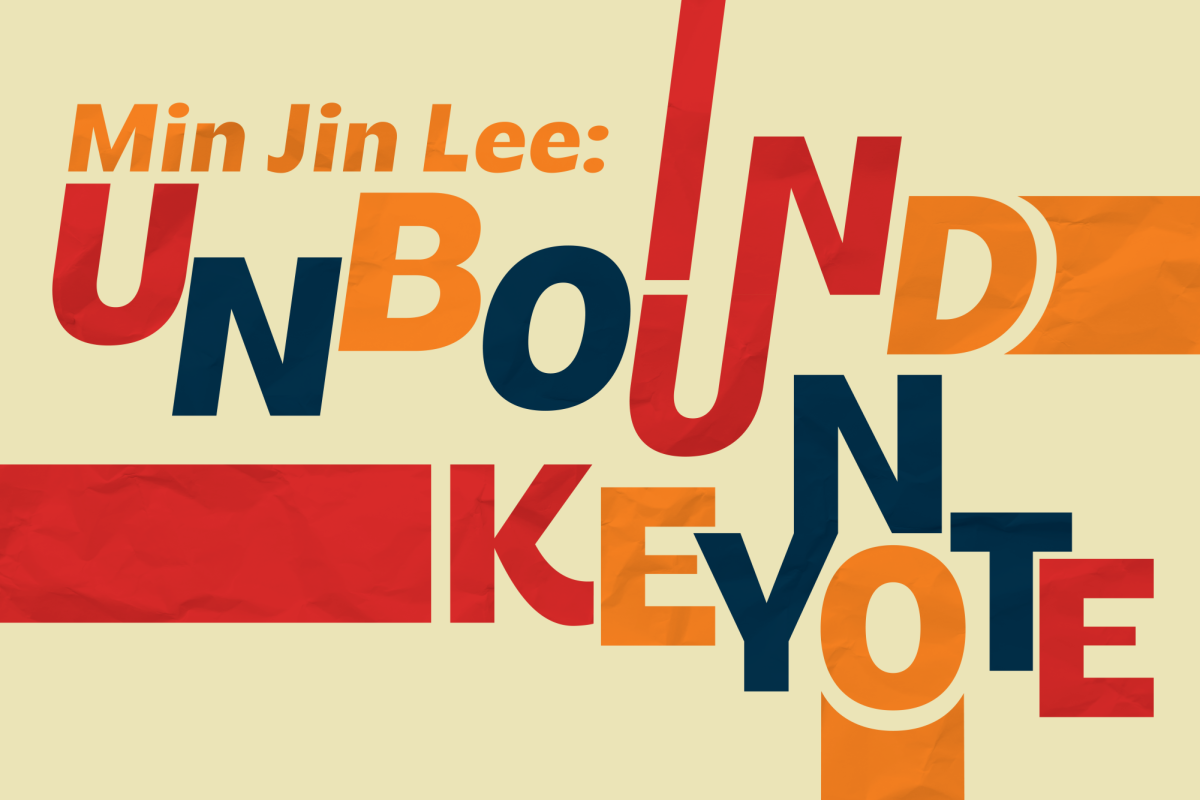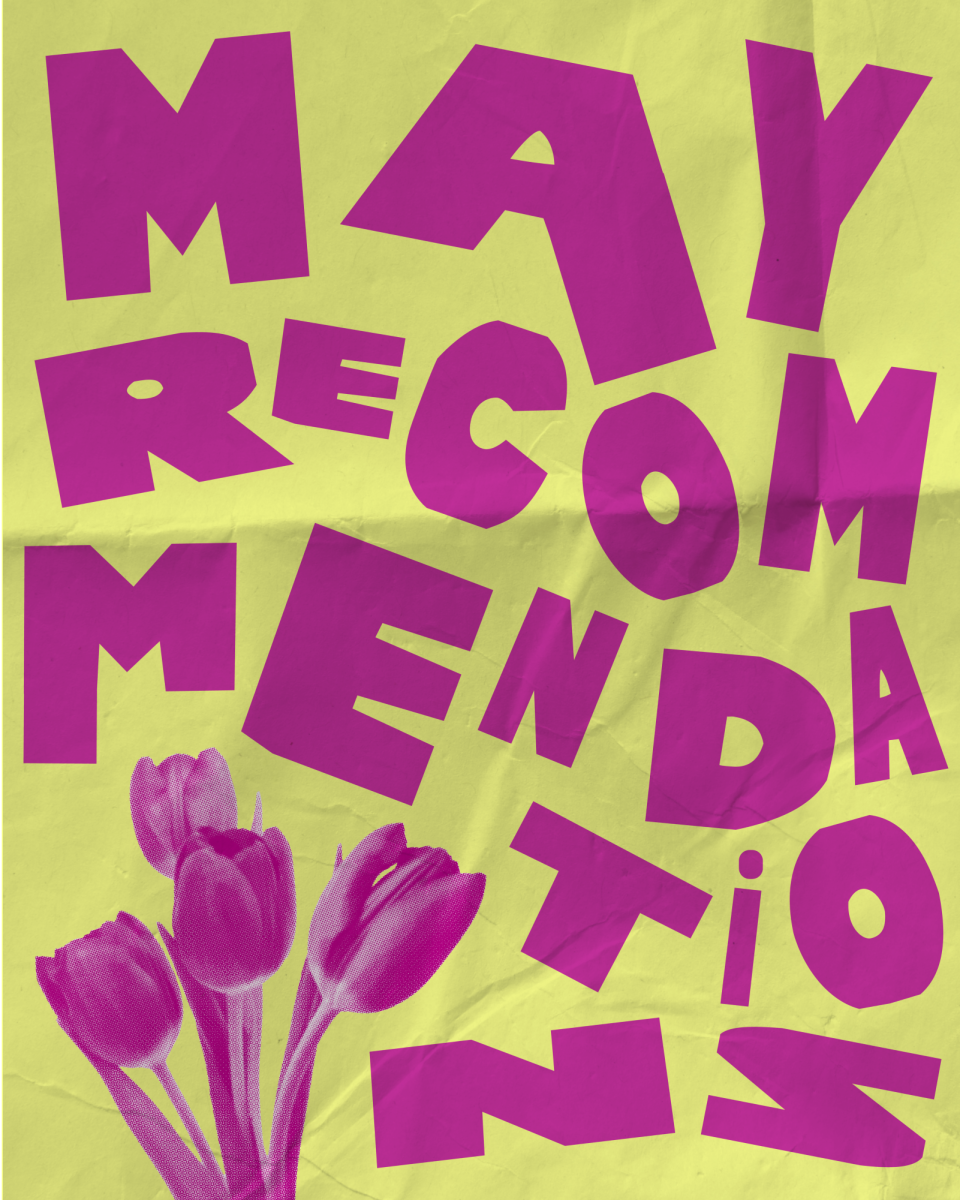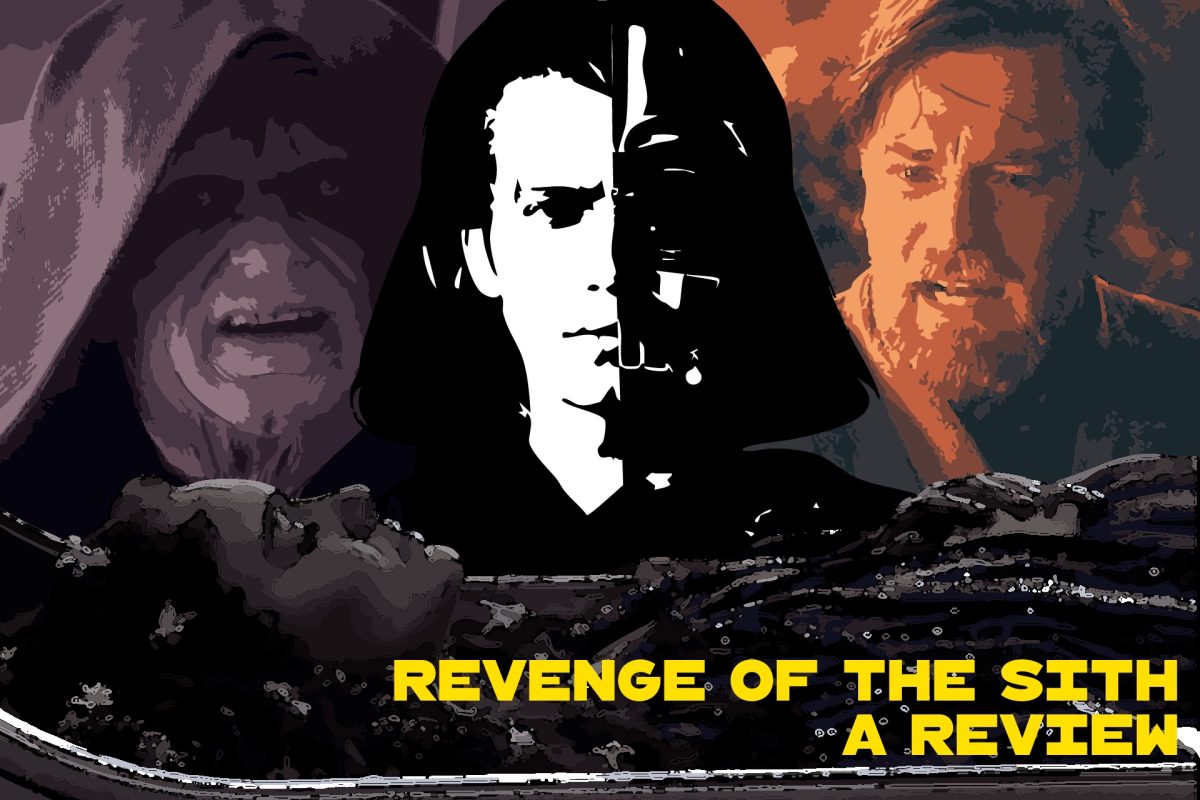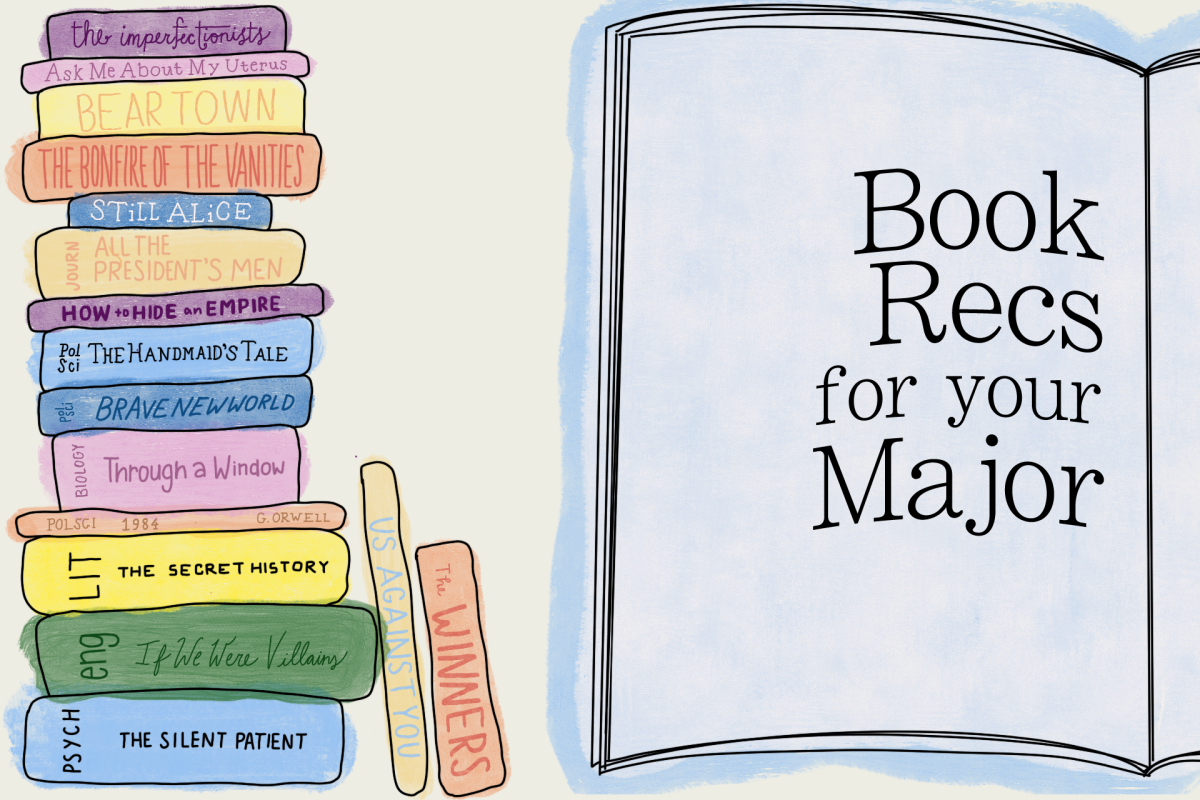Sofia Isella’s new single comes at the perfect time to remind us of the misogyny women continue to silently face.
Before it was even released, I knew the lyrics to the chorus of Sofia Isella’s (stylized “SOPHIA ISELLA”) “Everybody Supports Women” by heart. I would check her Instagram daily in the days leading up to its launch to see if she’d teased more of the song, making my connection to it deeper and more meaningful each time.
In the era of Greta Gerwig’s billion-dollar box office hit “Barbie,” glittered Taylor Swift Era’s tours and “bimbo feminism”, “Everybody Supports Women” is a stark contrast and a dark reminder of the old struggles that women face with a new twist — social media.
And it’s genius.
The song and the promotion of it convey the idea that any positive aspect about a woman can be twisted to be used against her, something I understand all too well as a woman actively battling the internalized misogyny I was taught at a young age. And even with drastic personal improvement, this song perfectly confronts me with it, reminding me that there’s always more work to be done.
The cover art of the single displays beat up, broken mannequin heads — representing the unrealistically sculpted idealized woman — in a net held closed by two hands, implying that not even the “perfect” women can escape this universal hatred. It follows a certain art style that Isella uses for her cover art that’s normal enough to look at but has something eerie and unsettling about it.
To me, the song is an anthem for women who have been in the public eye, talking about how the greater population will “drag you across your own public stage” if a woman shows even a hint of desperation. Even so, I find this message applies to any woman on any level of society, because no matter their status, women are hateable.
The music video extends this theme as it cuts between Isella, shown in a torn up plane with disassembled mannequins — not a single one intact, like a lot of women in our society with the strangling influence of patriarchy — and a black-and-white scene in a warehouse. The visual-verbal ties are masterfully executed. The lyric “it was something about her hair, so perfectly fallen” plays just as you notice Isella’s own undone hair, a cue seen in her promotion material as well.
These details subtly demonstrate her thoughtfulness in creating and coordinating the piece to reflect exactly what she needs it to. There’s no detail that goes without meaning. One of my favorite examples of this is how the chorus progresses each of the three times it appears in the song. The first time sounds ethereal, with her voice layered on top of itself. The second sounds angry, almost desperately screaming. The last is quiet, defeated and left unfinished halfway through the third line, “it was something about her hair.”
The progression of the chorus is almost like the progression of how accomplished women are viewed in our culture — angelic, then irrational and desperate and finally silenced and cut off.
It’s what we see when women advocate for themselves on any level. For instance, Taylor Swift’s famous encounter with Kanye West at the 2009 VMAs where not only her work was discredited, but when she tried to rebuild her reputation, she was still ridiculed. And she’s spoken out about this inability to win on multiple occasions, including her Woman of the Decade speech in 2019.
The song and music video are extremely applicable and reflective of our current wave of feminism, but so is the marketing of the song. I knew the chorus by heart a month before the song came out. Of course it sounded beautiful and the visuals were well done, but the main reason I kept coming back was that Isella somehow took an old concept — misogyny, especially on social media — and created a new argument, something that seems to be a theme for her.
Isella, like many younger artists, capitalized off of the vastness of social media, grabbing the attention of thousands via quick but well-thought-out social media posts.
The timing of this song couldn’t have been better, as society has been riding a bright pink feminist high since the July 2 release of the Barbie movie, followed by 17.9 million posts tagged with #barbie on Instagram, pulling feminism into the forefront of pop culture.
Clearly, Isella’s dark and pessimistic song doesn’t match the positive “Hi Barbie!” energy that’s been infectious recently, but it opened the door for Isella to flourish in a growingly-accepting landscape.
In true theme with the song, I believe that the genius of this production will be disregarded because of her womanhood. Instead of admiring the details of the song and video, the amazing timing of release and marketing strategy behind it, Isella could get called a manipulator of her audience, using social media to target people.
The people the song is retaliating against will tell her that she’s a negative influence for calling out underlying misogyny, same as most songs or poems she’s published with similar themes. But I don’t doubt she’s prepared to defend herself — it’s not her first rodeo.
Edited by Annie Goldman | agoldman@themaneater.com

